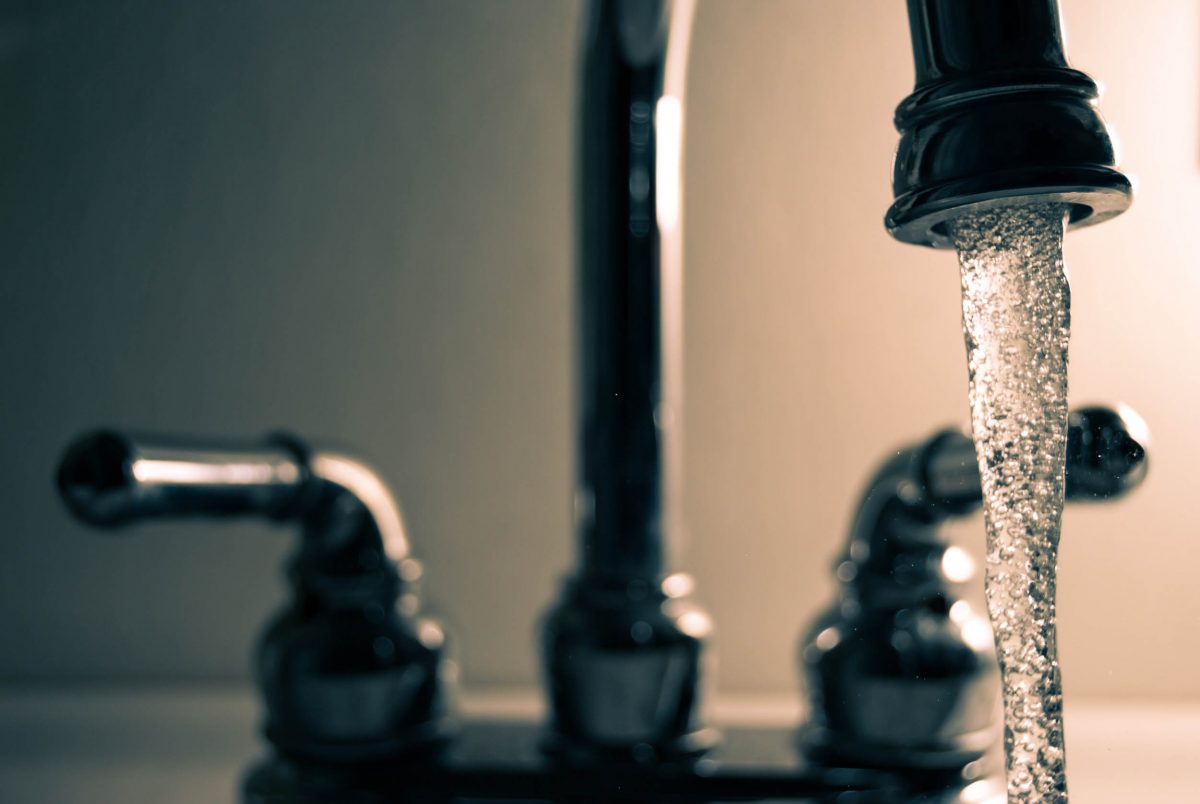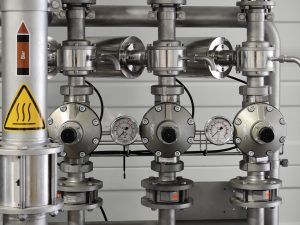Why You Should Consider Being A Plumber

Being a certified plumber means that you can assist a variety of people with daily living and business. Generally, basic plumbing skills are necessary before homeowners can become avid DIY-ers. Also, getting training courses in plumbing is a great way to build a career. Plumbers work with consultants, facility managers, building contractors, and designers. After speaking to many people, these are some reasons that bring interest in being a professional plumbing technician.
It Offers Job Flexibility
When people take up technical training in plumbing, they graduate to apprenticeship levels before becoming self-employed or landing a great job. According to the employment bureau, licensed plumbers, pipefitters, and steamfitters have more job flexibility. It means they can engage with multiple clients, and deliver their practical skills very well. As a regulated trade, plumbing is also a great earning potential that is rewarding. Plumbers can work for commercial, industrial, and residential building contractors, not only by clearing blocked bathroom drain but also installing new systems and making plumbing adjustments if necessary. This flexibility allows plumbers to work round-the-clock; on weekends, and at odd hours.
Always In Demand
Taking up an apprenticeship during economic downturns can be your saving grace! During economic recessions, people rarely can afford goods and services. So, learning a trade in plumbing can impact on the experience, and qualifications you get from it. Plumbing systems fail even in good and bad economic conditions. Demand for plumbers is often available, and you don’t have to worry about the economy or a recession. Since plumbing basics and skill can serve you for life, it’s a better alternative to other training. Also, there’s job stability with plumbing and pipefitting skills.
The Trade Is Rewarding
During construction projects, plumbing contractors are well paid. In Australia, plumbing is a lucrative trade and one of the few skilled jobs that can earn foreigners their permanent residency. However, licensed plumbers earn higher than naive apprentice plumbers. According to the average estimate of plumbers’ annual wage in Australia is between $25,000 – $60,000. Usually, the trade is rewarding after completing an apprenticeship program and working with qualified plumbers.

Certified Plumbers Take Courses
Plumbers are not illiterates when they pass through vocational schools. In some countries, people attend technical colleges to qualify for a plumbing course certificate. Learning this trade involves calculations, measurements, and interpretation of schematic diagrams. Usually, plumbers work with building contractors, and their work is a regulated trade that helps them to become master plumbers. Being a master plumber is like specializing in an area of plumbing systems.
It Requires Innovativeness
Every homeowner, facility managers of offices and public building need plumbing services. Plumbing fixtures don’t have malfunctioned before preventive maintenance is done. As one of the highest skilled jobs in Australia, plumbing engineers use innovative tools and technology to make their task easy. Don’t expect to get bored because you can fix many plumbing system problems daily with smart tools and devices.
It Builds Interpersonal Relations
Working as a plumber with a happy client is often an opportunity for long-term services. Most homeowners don’t like to change it if it’s not broken. So, keeping a regular, reliable plumber saves money and time.
A career in plumbing can help to build interpersonal relations with residential, commercial, and industrial clients. Apart from clients, plumbers might relate well to people in their neighbourhood. A referral is often the quickest solution when there’s a sewer blockage or leaky pipe, and you can’t reach the plumber.
A Range Of plumbing Training and Courses
There are options for apprenticeship training, and courses in plumbing. These programs help to expose the would-be plumber and assist them with understanding basic technologies, and applications. In the future, they can handle water distribution, wastewater treatment, and sanitary systems. Other opportunities for plumbers that complete their courses are in drainage, fire protection, and gas fitting projects. These plumbing programs are taught as classrooms theoretical and practical training.